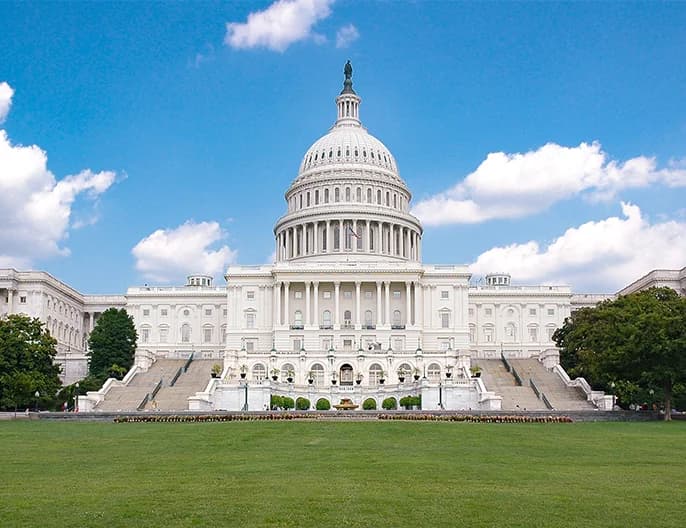Quick facts, key domains and top programs.
Finance, Marketing, Supply Chain, HR & Entrepreneurship
BA, AI & ML, Health Informatics, Big Data & Computational Modelling
Cloud Computing, Cybersecurity, Software Developement
Software Engineering, Artificial Intelligence, Robotics & Data Engineering
Most students take the traditional path but what if you can earn the same degree, only faster and flexibly?
Lesser cost, shorter duration and greater flexibility.

98% admit rate because of established credit-record. No requirement of GRE/GMAT/SAT.
Higher on-campus scholarships, shorter on-campus duration, early internships, same degree.
Earn the same PSW Visa with faster career outcomes and easier career transition.
University and program selection.
Online cohort starts with IELTS prep.
Secure university admit.
Secure PAL/TAL & apply for visa.
Transfer on-campus to Canada.
Explore globally coveted programs designed to empower your success. Start online, complete your degree on-campus abroad.
Select your ideal city and institution for your on-campus transfer.

Toronto

Vancouver

Montreal
Get ahead with exam waivers, top scholarships, savings & internships.
Total Expense
Over 2 years
₹37.7 Lac
Total Earnings
In 3 years
₹1.51 Cr
Disclaimers
When on-campus, immerse in research, internships & global community.
Research-driven learning & university internships.
Clubs, networking events & top-notch facilities.
Affordable housing, diversity and inclusivity.
Hear from our learners who turned their study-abroad dreams into reality.
Read expert guides, blogs, FAQs, and resources for every step.

Cost of Living in Canada

Cost of Studying in Canada

Canada Visa Interview Questions

How to Study in Canada for Free

Fully Funded Scholarships in Canada

Packaging List for Indian Students
Pivot to other study destinations flexibly with upGrad.

#1 Economy with 3.5M STEM Jobs
-bd758e31628f498897b6cefdb655e7a5.webp&w=1080&q=75)
Europe’s #1 Economy with 1M Jobs

Up to 5 Yrs PSW Visa

Europe's #1 Tech & Gaming Hub

1 year Masters at Top Universities

Up to 5 Years of PSW Visa

Thriving $19B+ ICT market
Everything you need to know about studying in Canada
In Canada, international students can work up to 20 hours per week during classes and full-time during vacations. Average pay ranges from 15 to 22 CAD per hour (INR 915 to 1,342), depending on your role, city, and employer. Jobs in retail and hospitality pay more.
Yes. To study in Canada, you need a valid study permit. You must have an acceptance letter from a Designated Learning Institution (DLI) , proof of funds (INR 8–10 lakhs/year), no criminal record, a medical exam (if needed), and personal statement or SOP to demonstrate you will leave Canada after your studies.
Canada checks if you’re a genuine student by reviewing your past academic record, financial ability (INR 8–10 lakhs/year), intent to study, future goals, and ties to India. It’s part of proving you’ll return home after completing your education.
Yes, medical insurance is compulsory for international students in Canada. Some provinces offer government health plans, while others require private coverage. On average, private student health insurance can cost between CAD 600–900 per year (INR 37,000–55,000) depending on the province and coverage.
Yes, you can apply for a Post-Graduation Work Permit (PGWP) valid for up to 3 years, depending on course duration. This allows you to work full-time in Canada. A longer PGWP helps with Canadian permanent residency through Express Entry or PNPs.
Yes, you can bring your spouse and children while studying in Canada. Your spouse can apply for a work permit, and children can go to school. You must show proof of funds of about CAD 8607 for the first dependent per year followed by CAD 6170 for every additional dependent.
Canada generally offers three intakes: Fall (September), Winter (January), and Summer (May). Fall is the main intake with maximum courses and scholarships. Application deadlines are usually 6–9 months prior, so planning early is key for securing your preferred course and university.
Yes, IELTS is widely accepted and often mandatory for a Canada student visa. A minimum overall score of 6.0 with no band below 5.5 is usually required under the SDS (Student Direct Stream). Some institutions may also accept TOEFL or PTE scores.
A PAL (Provincial Attestation Letter) or TAL (Territorial Attestation Letter) is a critical document that confirms that your student visa application is approved under a province or territory’s study cap. You must submit it with your study permit application, and it must be valid at the time of applying. Each student needs their own PAL or TAL.
A GIC (Guaranteed Investment Certificate) is a Canadian bank account that holds your first-year living expenses. To secure a GIC, you must deposit CAD 20,600. Starting September 1, 2025, the revised GIC deposit will be CAD 22,895.
Check out articles on IELTS, TOEFL, PTE, Duolingo, GRE & GMAT

Advance your career with our expert guidance & global programs.